How AI in Software Development is Changing the Way We Write Code
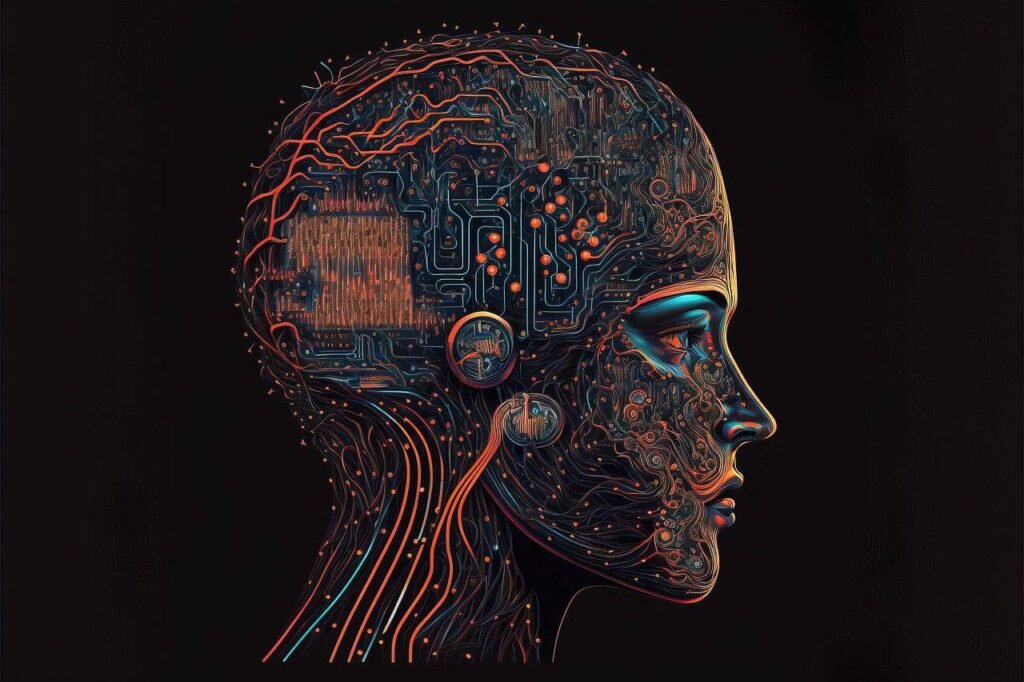
Artificial Intelligence (AI) is revolutionizing the coding landscape, turning traditionally manual, time-intensive processes into streamlined and efficient workflows. From accelerating code writing to detecting and resolving errors before they cause issues, AI empowers developers like never before. Let’s dive into how AI-driven tools are redefining the way we write, test, and optimize code.
Table of Contents
1. AI-Powered Code Completion
Imagine an assistant that predicts and writes code for you while you concentrate on solving bigger challenges. AI-powered tools like GitHub Copilot and OpenAI’s Codex analyze your code context, suggest entire lines or functions, and help you write cleaner, more efficient code in a fraction of the time. These tools eliminate guesswork and significantly enhance productivity.
Best Tool: GitHub Copilot
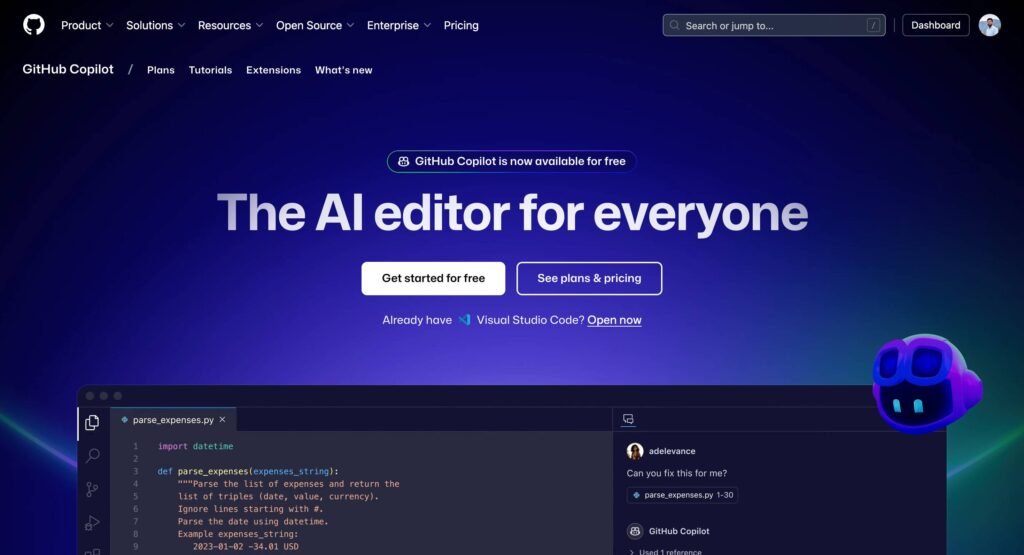
Real-World Use Case: A developer facing tight deadlines used GitHub Copilot to generate repetitive code snippets, reducing development time by 40%.
2. Intelligent Debugging and Error Detection
Debugging is often one of the most time-consuming aspects of software development, but AI is changing the game. AI-powered debugging tools analyze your code, pinpoint errors, and suggest fixes instantly. These tools leverage vast datasets to predict potential issues, making debugging more efficient and reliable.
Best Tool: DeepCode

3. AI-Enhanced Code Reviews
Code reviews are crucial for maintaining quality, but they can slow down project timelines. AI-driven code review tools analyze structure, enforce best practices, and detect security vulnerabilities instantly. This means cleaner, safer code with less manual effort, allowing developers to focus on innovation.
Best Tool: Codacy

4. Natural Language Programming
What if you could describe your code in plain English and AI would generate it for you? AI tools like OpenAI Codex enable developers to write functional code simply by providing instructions in human language. This makes programming more intuitive and accessible, lowering the learning curve for beginners and streamlining development for experts.
Best Tool: OpenAI Codex
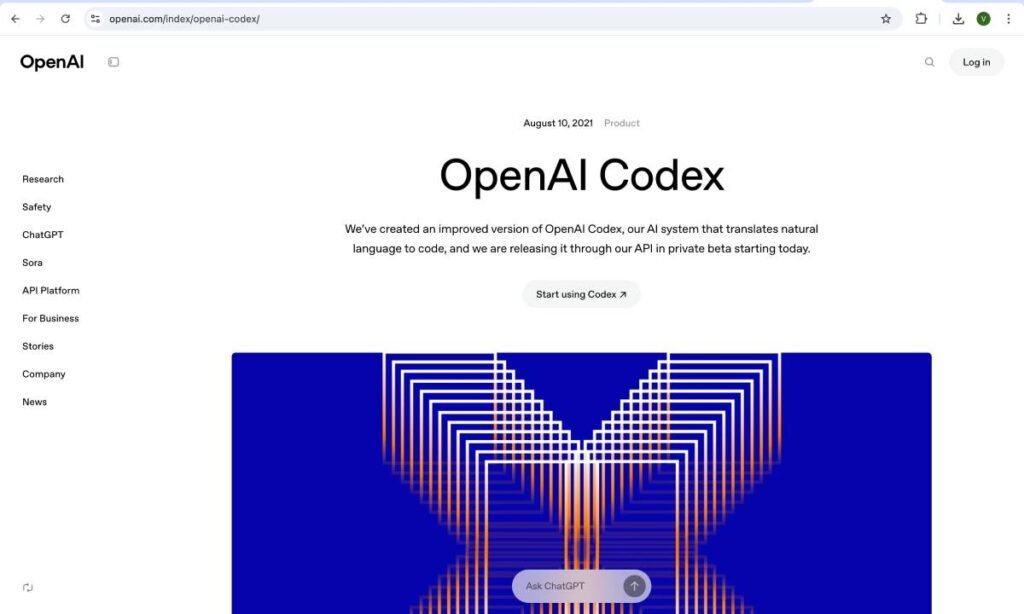
5. AI-Driven Automated Testing
Writing test cases manually can be tedious and time-consuming, but AI can automate this process in seconds. AI-powered testing tools create test scenarios, analyze edge cases, and predict potential failure points. This leads to more reliable software with fewer bugs, accelerating the development cycle.
Best Tool: Testim
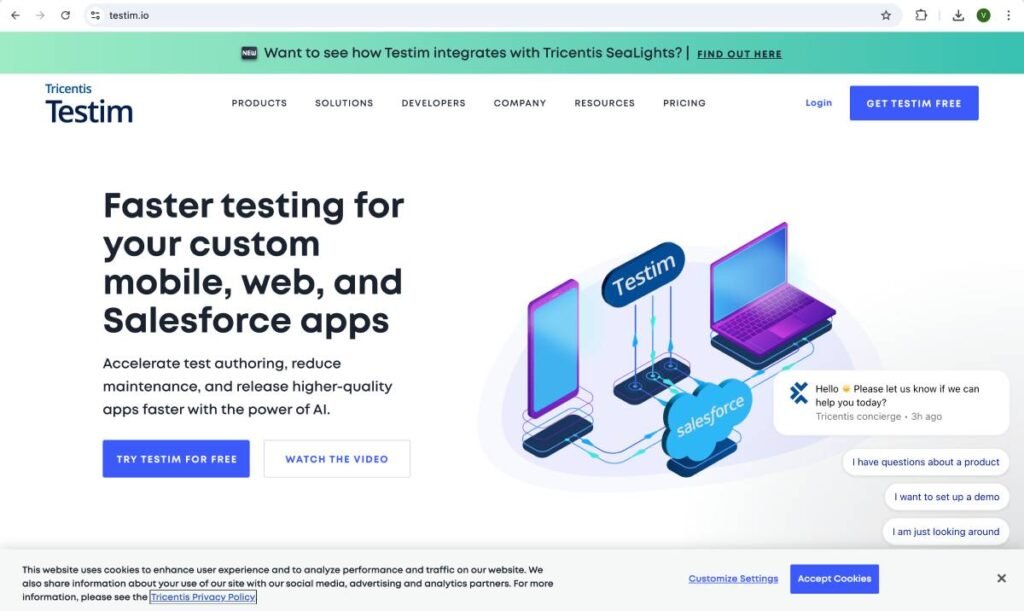
Comparison Table of AI Tools:
| AI Feature | Best Tool | Key Benefit |
|---|---|---|
| Code Completion | GitHub Copilot | Accelerates coding, reduces errors |
| Debugging | DeepCode | Quickly identifies and fixes issues |
| Code Review | Codacy | Enhances code quality and security |
| NLP Coding | OpenAI Codex | Converts plain language into functional code |
| Automated Testing | Testim | Streamlines testing and bug detection |
6. Personalized Learning with AI
AI isn’t just helping developers write better code—it’s also transforming how they learn. AI-driven learning platforms tailor courses and tutorials based on an individual’s skill level, providing personalized exercises and real-time feedback. Whether you’re a beginner or a seasoned programmer, AI-powered learning tools adapt to your pace and help you upskill efficiently.
Best Tool: DataCamp
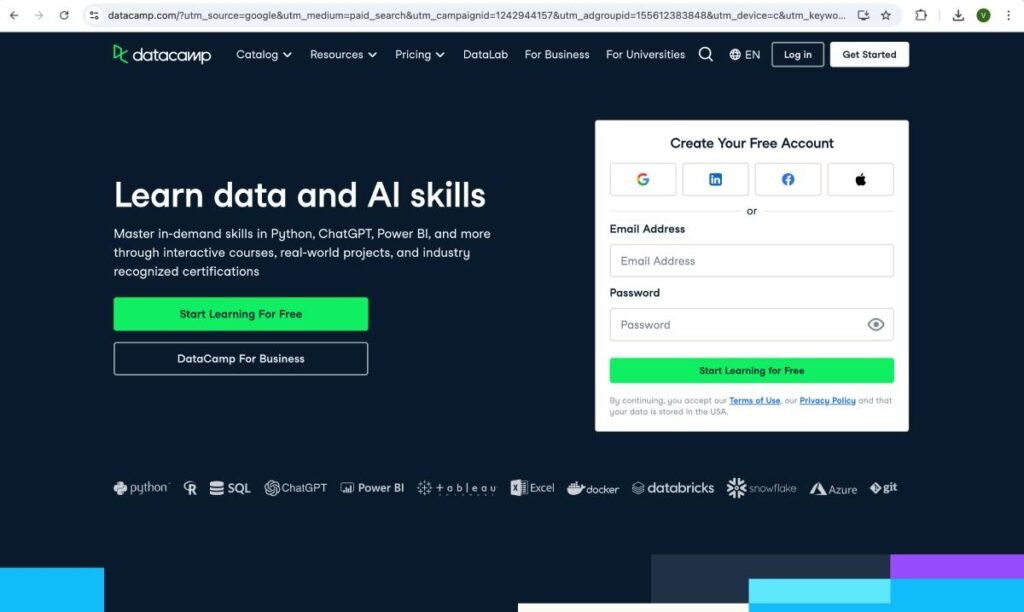
Statistics: Developers using AI-driven learning platforms enhance their coding speed by 35% and retain 50% more knowledge than those using traditional methods.
7. The Future of AI in Software Development
AI’s potential in coding is only beginning to unfold. The future may bring autonomous coding assistants, self-healing software, and AI-generated architectures. However, while AI is a powerful aid, human creativity, problem-solving, and ethical decision-making will always remain vital in software development. Developers who integrate AI into their workflow now will be ahead of the curve in the future.
How to Start Using AI in Your Coding Workflow
- Integrate GitHub Copilot for AI-assisted code suggestions.
- Use Codacy for automated code quality checks.
- Implement Testim for AI-driven testing and debugging.
- Experiment with OpenAI Codex to explore natural language coding.
- Enroll in DataCamp for AI-powered coding education.
FAQ
Q1: Can AI replace software developers?
A: No, AI is designed to assist rather than replace developers. While AI automates repetitive tasks, human problem-solving, creativity, and decision-making remain irreplaceable in coding.
Q2: Is AI-generated code reliable?
A: AI-generated code is often efficient but still requires human oversight to ensure accuracy, security, and adherence to best practices.
Q3: What is the best way to incorporate AI into coding?
A: Start with AI-powered tools like GitHub Copilot for code suggestions, Codacy for quality checks, and Testim for automated testing.
Q4: How does AI improve coding efficiency?
A: AI minimizes development time by automating repetitive tasks, predicting errors, and offering intelligent suggestions to optimize code.
Q5: Are AI coding tools expensive?
A: Many AI tools offer free versions with premium features available through subscription plans. Developers can explore free tiers before committing to paid options.
Conclusion
AI is revolutionizing the way developers write code by automating repetitive tasks, enhancing software quality, and making programming more intuitive. With AI-driven tools, developers can shift their focus to innovation and complex problem-solving instead of mundane coding work. If you haven’t integrated AI into your workflow yet, now is the time to take the leap. Those who leverage AI today will be at the forefront of tomorrow’s tech landscape. Discover the key AI trends shaping 2025 and stay ahead of the curve.

 Install jsUpskills app on your home screen!
Install jsUpskills app on your home screen!